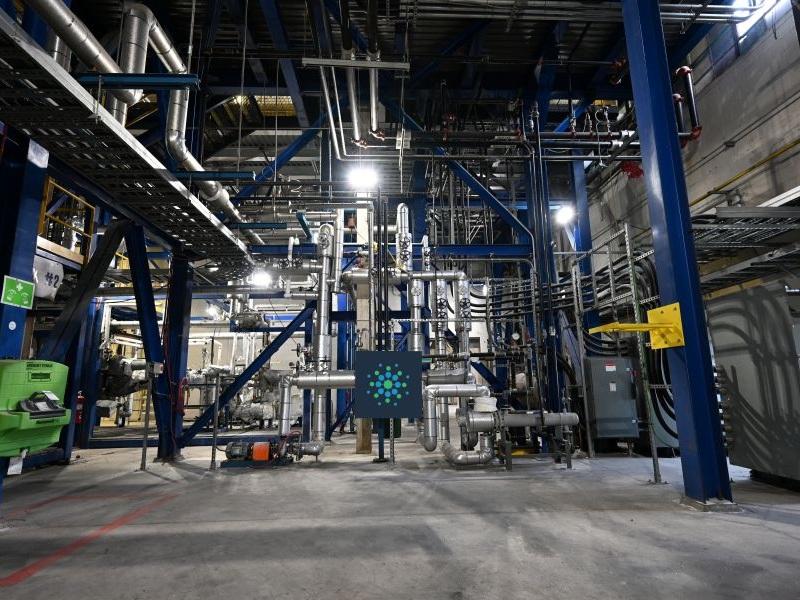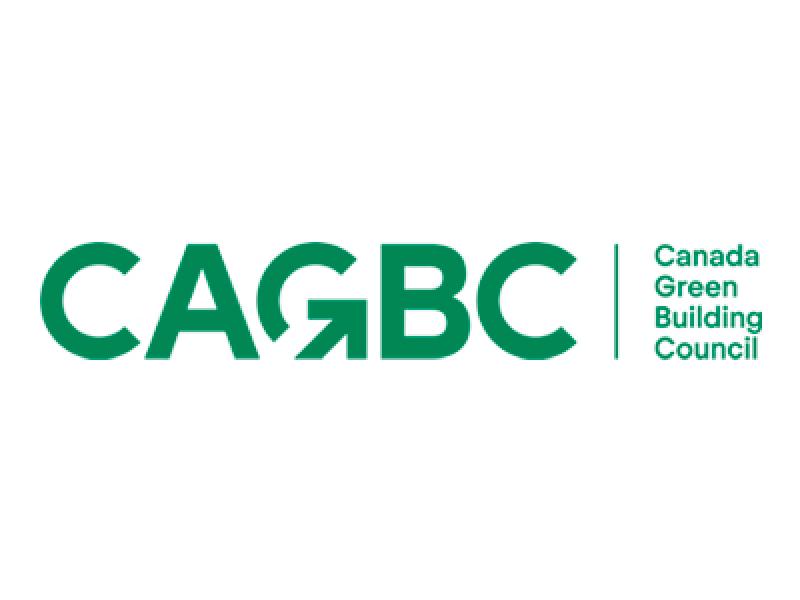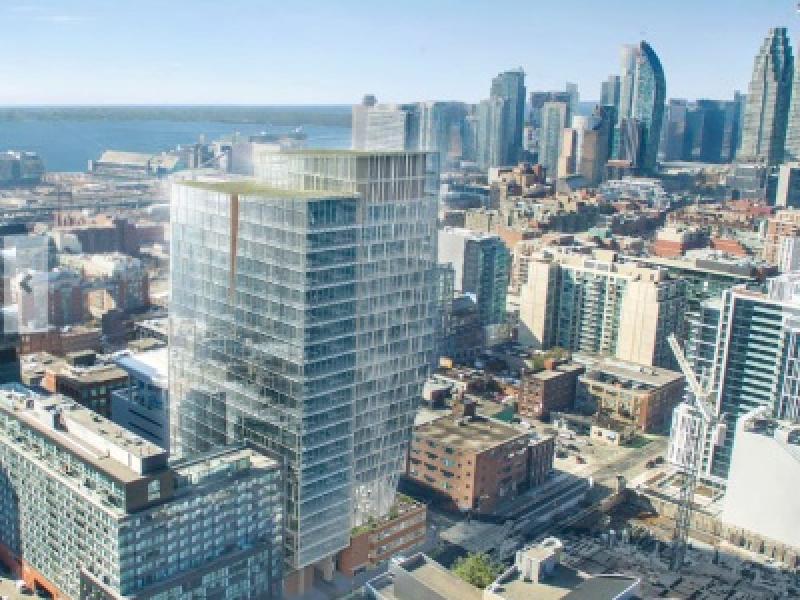
Primaris REIT (PMZ-UN-T) has unveiled its inaugural Green Finance Framework to allow the Toronto-based shopping centre owner and operator to issue debt that funds projects related to sustainability.
Running the gamut from green properties, investing in energy efficiency, better managing water and adapting to climate change, the framework will be utilized to support projects Canada-wide.
“We have integrated our sustainability strategy into our business strategy,” Claire Mahaney, vice-president of investor relations and environmental, social and governance at Primaris, told Sustainable Biz Canada. “As we have moved through time, we have concluded that a lot of the work we have been doing and reporting on has made us eligible to issue green financing.”
Primaris has already made its first offering under the framework: $200 million in senior unsecured debentures.
The company has a portfolio of over 15 million square feet of major regional enclosed shopping centres from coast-to-coast. Its properties include Lethbridge's Park Place Shopping Centre in Alberta, Conestoga Mall in Waterloo, Ont., and the Medicine Hat Mall.
Primaris recently announced it has a deal to acquire Hamilton's Lime Ridge Mall.
Primaris pledged to cut its greenhouse gas emissions 25 per cent by 2035 against a 2022 baseline. By the end of 2023, it managed to bring those emissions down on a like-for-like basis by 4.9 per cent, which puts it on track to its target, Mahaney told Sustainable Biz Canada in January.
What the framework can fund
Proceeds from the debt issued under the framework will help fund:
- purchasing, developing or redeveloping buildings that have received, or are expected to receive, at least one green building certification, or are intended to achieve energy savings or emission reductions of at least 25 per cent;
- investing in systems and equipment that boost energy efficiency by at least 20 per cent, such as installing improved heating, ventilation and refrigeration; capturing waste heat; and implementing energy storage systems, smart grid and smart meters linked to a low-carbon grid;
- providing renewable energy and sourcing it through long-term power purchase agreements;
- adapting, studying and preparing its properties for the impacts of climate change with adjustments to the design, construction and maintenance of its assets and investing in early monitoring systems; and
- researching, developing and procuring sustainable building materials, including reusable, recyclable and refurbished materials such as recycled aggregate concrete.
Before Primaris developed the Green Finance Framework, the company used the cash flow from its operations to fund its sustainability initiatives, Mahaney said. Now it can access the public capital markets to support these efforts.
Moody’s provided a second-party opinion on the framework to assure it falls under the Green Bond Principles and Green Loan Principles written by the International Capital Market Association. Primaris will issue an annual report to disclose what the proceeds have funded and the anticipated impacts.
Primaris’ sustainability efforts to date

All of Primaris’ enclosed shopping centres were certified under the LEED or BOMA BEST standards as of its latest sustainability report.
Driving down its carbon emissions were upgrades to heating, ventilation and air conditioning equipment, building automation system upgrades, and electrification in its shopping malls. Another major contributor was increased energy efficiency with heat pumps and LED lighting.
Primaris can request its tenants to provide utility data, which draws a clearer picture of its energy and carbon data. That information can then be used to inform its sustainability strategy.
Tenants can be “drawn to landlords that have similar thought process and sustainability strategy to their landlord,” Mahaney previously told Sustainable Biz Canada. “We’re really taking a stance and letting our retailers know that this is something that is important to us and we hope that it is important to you.”
The REIT is undergoing a portfolio-wide study examining property-level energy audits, sub-metering assessments, and climate resiliency and emission reduction plans, she said.
The funds from the framework could apply toward the study.










